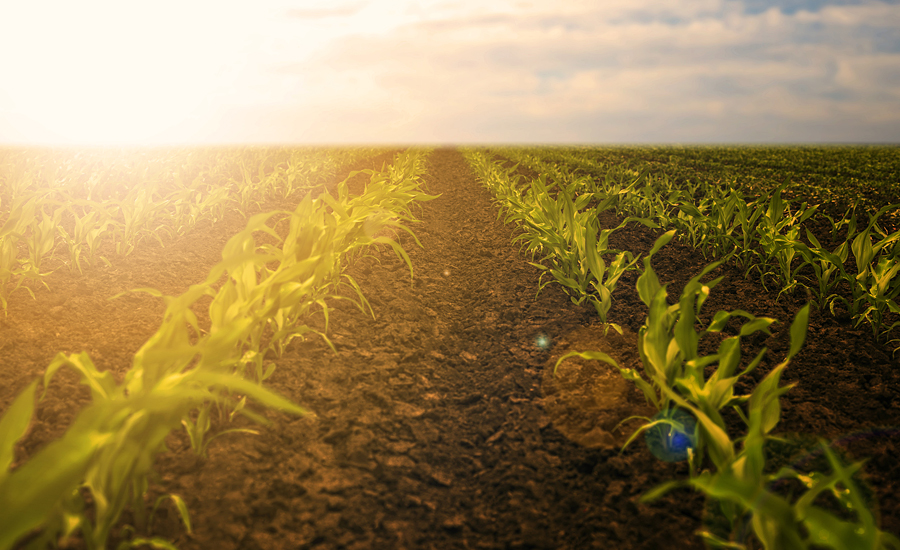JBS USA commits to reducing greenhouse gas emissions, water, electricity, natural gas
In 2017, JBS USA reduced the intensity of its water use by 6.2%, natural gas by 6.3%, electricity by 5.2% and greenhouse gas emissions by 7.6%, compared to 2016.

JBS USA, Greeley, Colo., released its 2017 Sustainability Report, which details JBS USA’s environmental, social and economic achievements in 2017, and 2020 Sustainability Targets, which establish a clear path for future sustainable progress.
“For more than a decade, JBS USA has hand-crafted the heart of the family meal, and provided opportunities for our team members, customers and shareholders to sustainably thrive and grow,” says Andre Nogueira, president and CEO of JBS USA. “The JBS USA team is honored to have the opportunity to place great-tasting, sustainable food at the center of the plate for millions of families around the world each and every day.”
In 2017, JBS USA reduced the intensity of its water use by 6.2%, natural gas by 6.3%, electricity by 5.2% and greenhouse gas emissions by 7.6%, compared to 2016. In addition, the company outperformed industry averages in team member health and safety metrics, and scored 90% or greater on all external animal welfare audits. JBS USA also continued its active contributions to local communities, highlighted by a $12.5 million investment in Colorado State University to establish the JBS Global Food Innovation Center in Fort Collins, Colo.
JBS USA also announced ambitious 2020 sustainability improvement targets, further demonstrating the company’s commitment to doing things the right way. The company committed to reducing the intensity of its water use by 10%, natural gas use by 20%, electricity use by 12% and greenhouse gas emissions by 20% by 2020. In addition, the company committed to improving team member health and safety by reducing severe incidents by 10% year over year, achieving annual scores of 90% or better on the company’s Animal Health and Welfare Scorecard and ensuring 100% compliance from suppliers with its Supplier Code of Business Ethics and Conduct by 2020.
“Our 2020 commitments for sustainable improvement continue our legacy of responsibly providing a diverse portfolio of well-recognized customer and consumer-facing brands that meet the needs of families today, while helping make the world a better place for future generations,” Nogueira adds.
Looking for a reprint of this article?
From high-res PDFs to custom plaques, order your copy today!







